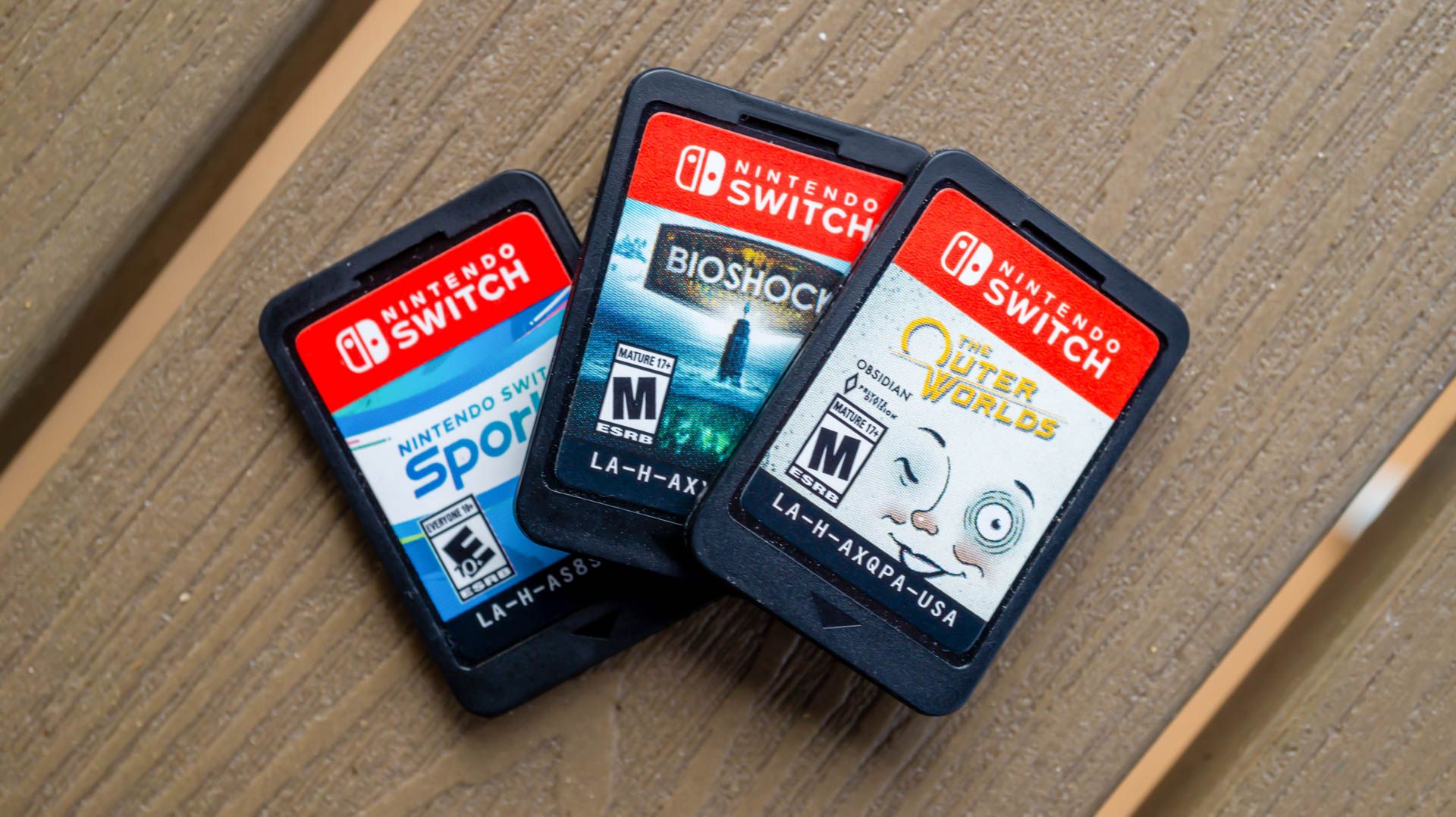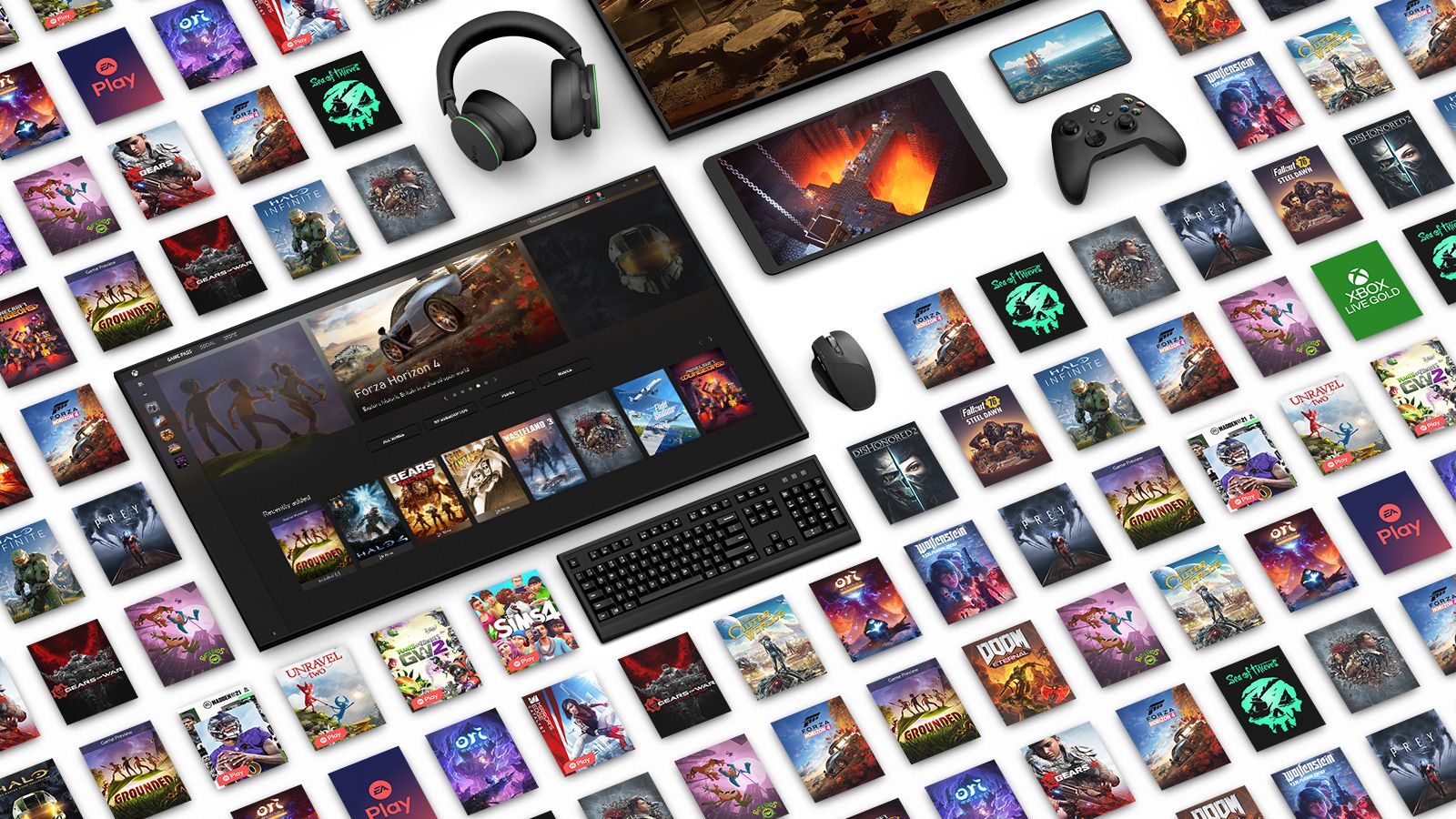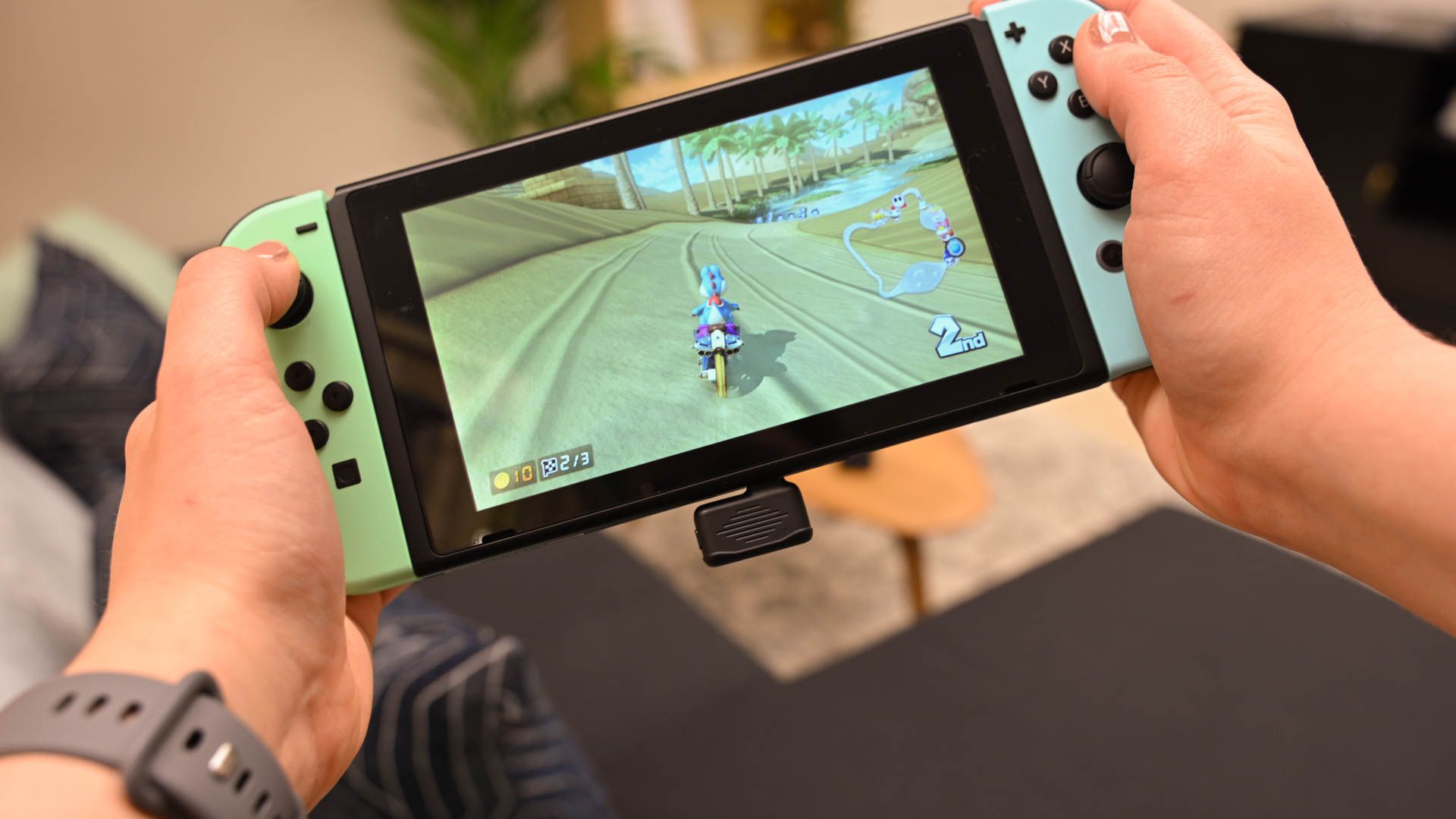Many video games are now available as a digital purchase or physical media, and increasingly, more games are only available digitally. Does it make sense to buy physical games anymore?
PC games are now almost exclusively distributed through Steam, EA, Epic Games, GOG, and other digital stores, partially because most computers don't have disc drives anymore. However, the physical vs. digital debate is still raging on in the game console world. Most major game releases on consoles are available in both formats, but many niche and indie titles are not. Some publishers are also skipping a physical option as a cost-cutting measure, like for Alan Wake 2.
The notion of "owning" a game in a physical format has also deteriorated over the years. Most physical games serve as license keys that still need to occasionally check in with a remote server. Unless you're buying a PC game without DRM (like games from GOG), or physical games for legacy consoles, you don't really own your own games.
For the games that are available in both formats---and if your gaming platform of choice gives you the option (sorry, Xbox Series S owners)---the question of buying a digital or physical copy is complicated.
The Case for Digital
There's a reason digital downloads are now the default for game distribution, rather than just an option. You don't need to go to a store (though many of them will sell you the digital codes), or wait for a disc or cartridge to be delivered. You just buy the game, and you can play it as soon as it's done downloading. You generally don't have to worry about losing access to the game, unless someone steals your login information -- you're more likely to forget a Nintendo Switch cartridge on an airplane, or lose track of a PS5 game when moving to a new home.
Digital games aren't just replacements for single purchases, though. Publishers are increasingly ramping up game subscriptions, like Game Pass Ultimate and EA Play, which offer unlimited access to a collection of digital games for a base monthly cost. You might roll your eyes at the thought of yet another monthly subscription, but they can be an excellent option for some people -- especially when many publishers are releasing individual games that start at $70.
Digital games also sometimes receive more discounts than physical games, especially after the first few months of release. However, this depends on the exact publisher and platform -- for example, discounts of any kind on Nintendo games are rare.
There's also game availability to consider. Many games might still be playable long after the production run on physical copies has ended but might still be available digitally. This is especially helpful on platforms like the PS5 and Xbox Series X, where the backwards compatibility stretches back farther than the availability of new discs.
Personally, I've come to appreciate digital downloads on most platforms. I bought an Xbox Series X earlier this year, with the intention that I might grab an occasional discounted or used disc game alongside my digital purchases. However, the disc drive has so far been used exclusively for Blu-ray movies. The Game Pass Ultimate subscription includes many of the games I'm interested in, and I've been buying others on my wish list as I receive notifications about discounts.
Diminishing Returns
Digital games are more accessible, sometimes cheaper, and potentially a much better value if the ones you want are combined in a subscription service. Meanwhile, physical games have become worse over time. Many disc and cartridge-based games require additional files to be downloaded to play, either as "day one updates" or as subsequent patches, eliminating the advantage of not waiting for downloads that used to exist with physical games. Physical games also sometimes require some (or all) of the game's data to be copied to internal storage, so you don't save any internal storage by purchasing disc games.
So, do physical games still make sense to purchase? Well, it depends on the platform and use case. I bought many of my Nintendo Switch games as physical cartridges, partially because Nintendo's online game infrastructure isn't great, but also because Nintendo's first-party games usually have a decent resale value. The option to resell your games is still exclusive to physical copies, though you probably won't come close to getting your money back on individual sales or trades -- especially if you're selling the games online and need to factor in the cost of shipping.
The strongest advantage to physical games at this point might be the ability to share your games with friends and family. If you have a significant other or family member that uses the same gaming platform as you (or you share the same console), buying just one copy instead of multiple copies can save you a lot of money while still allowing save files and other data to stay completely separate.
Much of the demand for physical games at this point isn't based on practicality but on collectability. For some people, there's nothing more fun than having an entire shelf (or multiple shelves) filled with your favorite games, displayed in the real world instead of a console menu. It might not matter that physical games have few advantages over digital copies.
For most people, growing your game collection through digital copies probably makes the most sense, but there are still some cases where physical copies are supreme. No matter what you do, though, make sure you lock down your game platform accounts with two-factor authentication.



